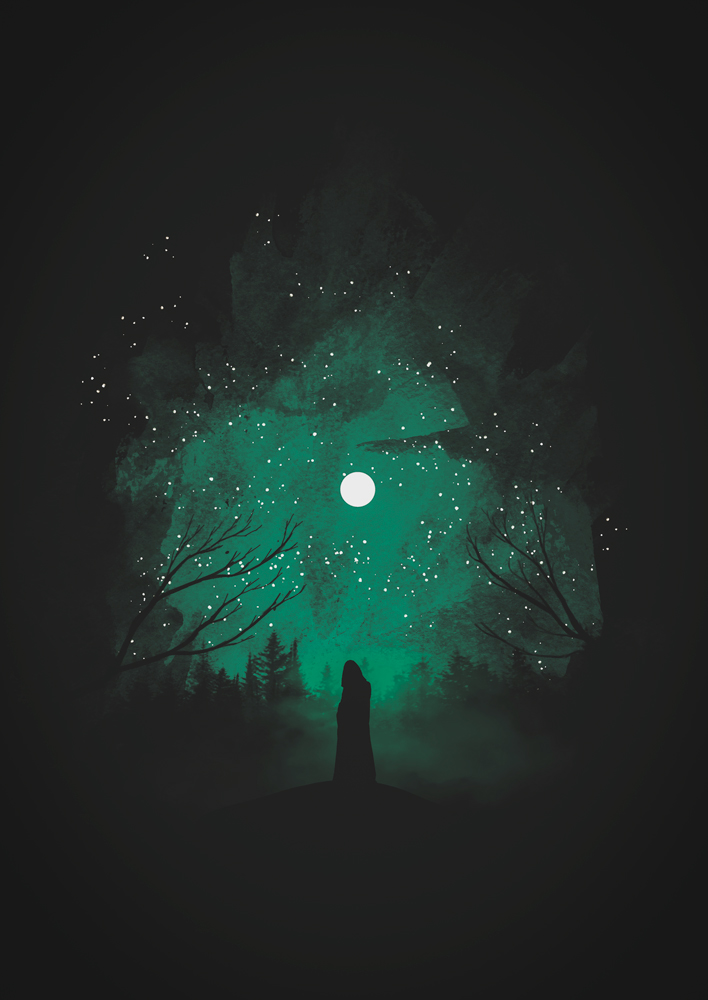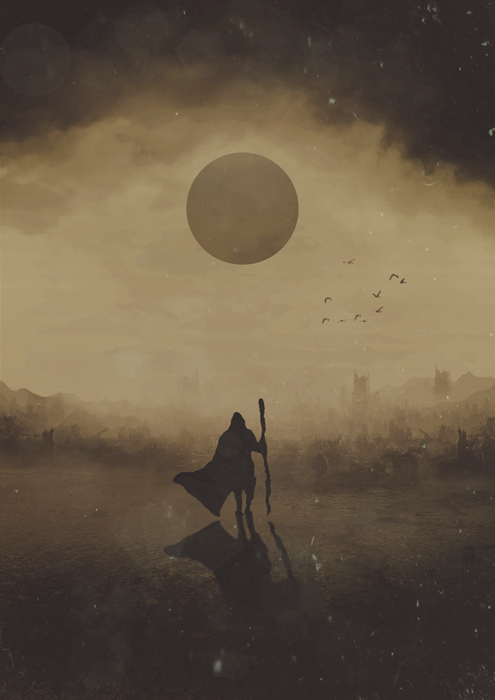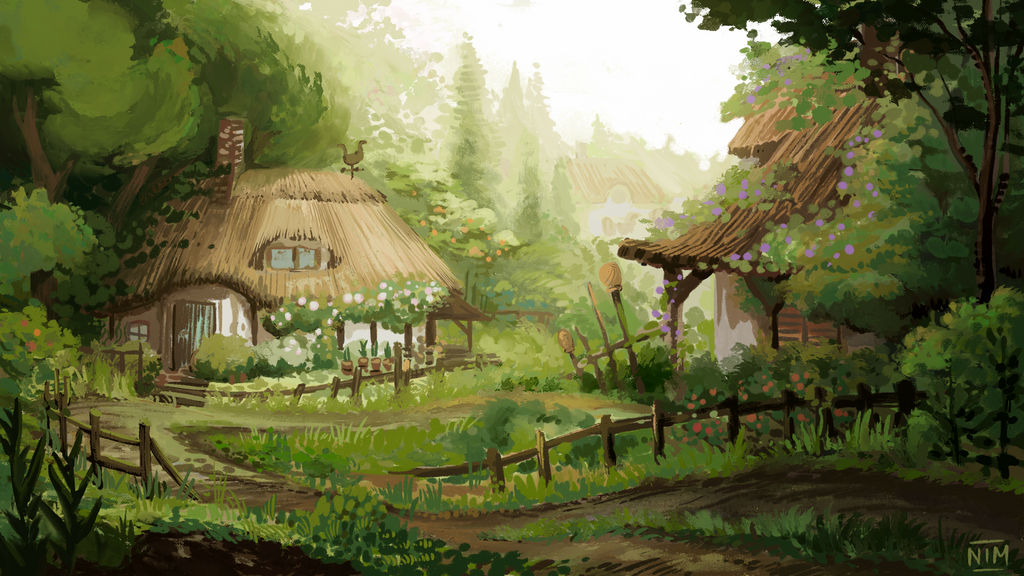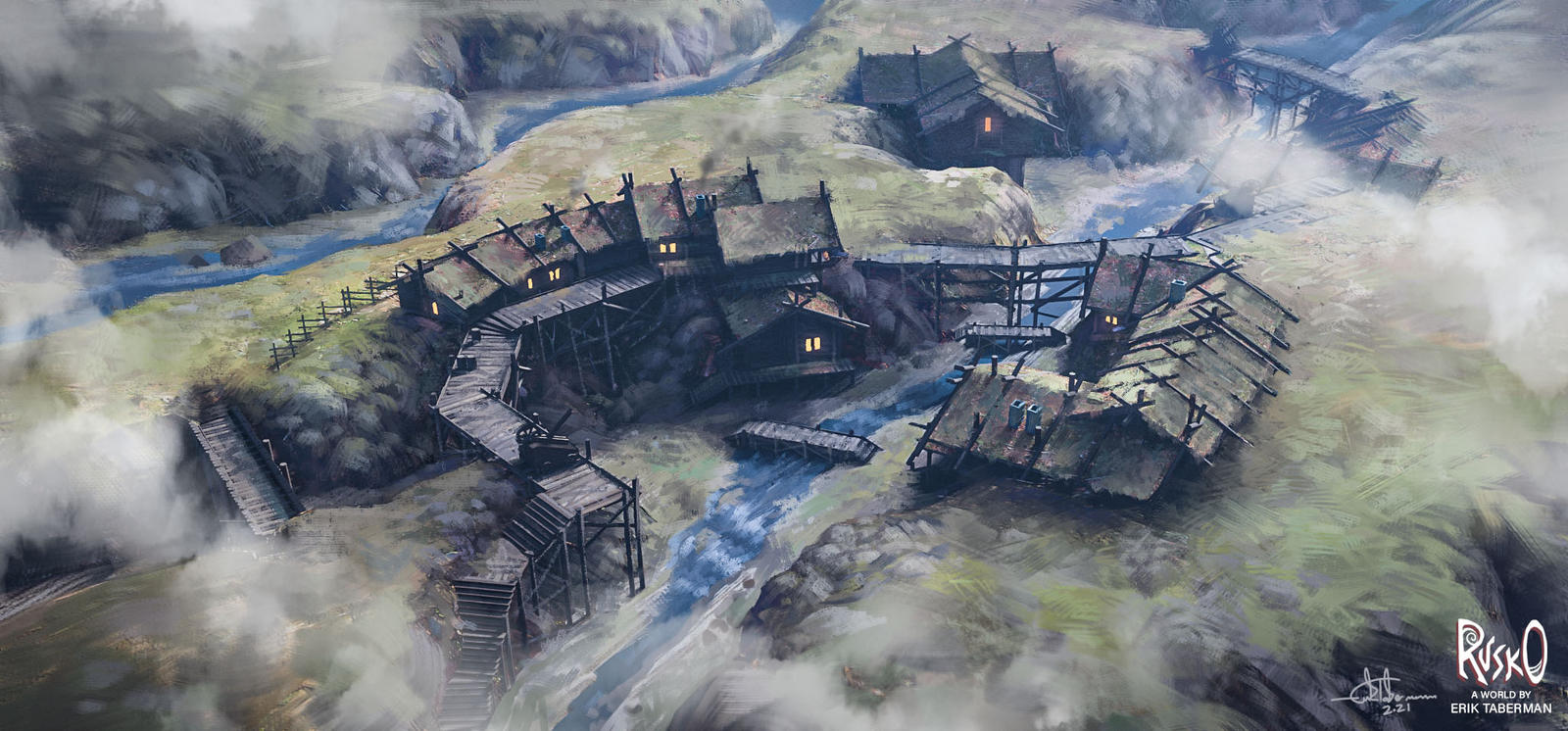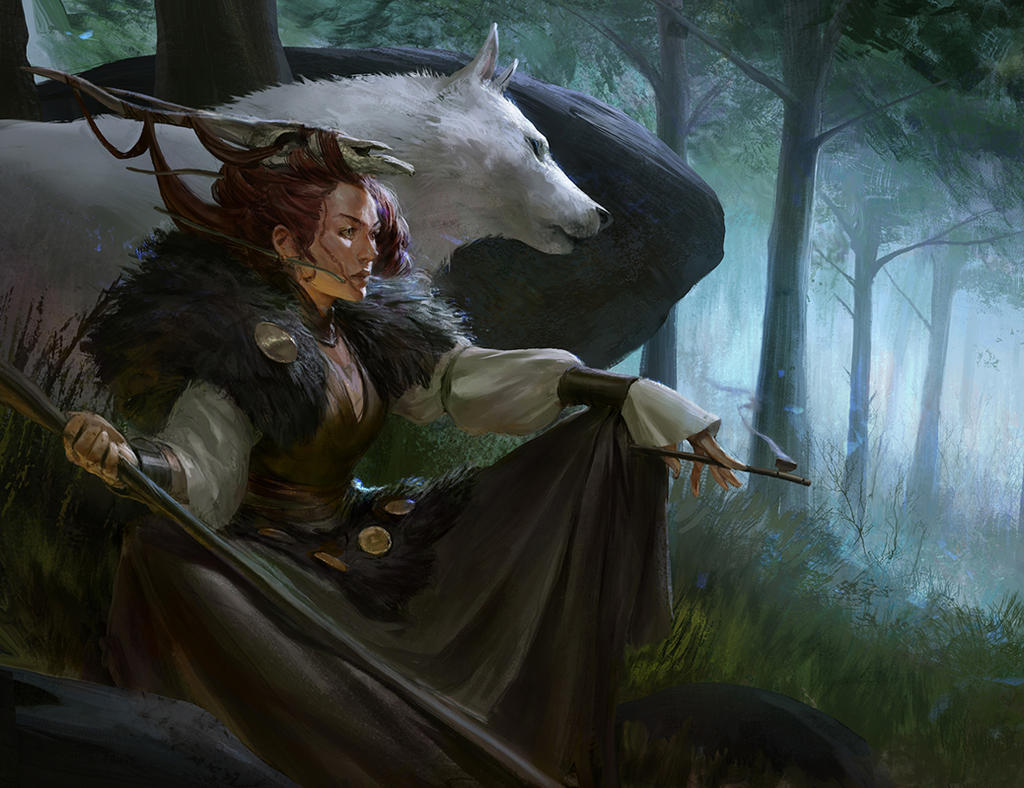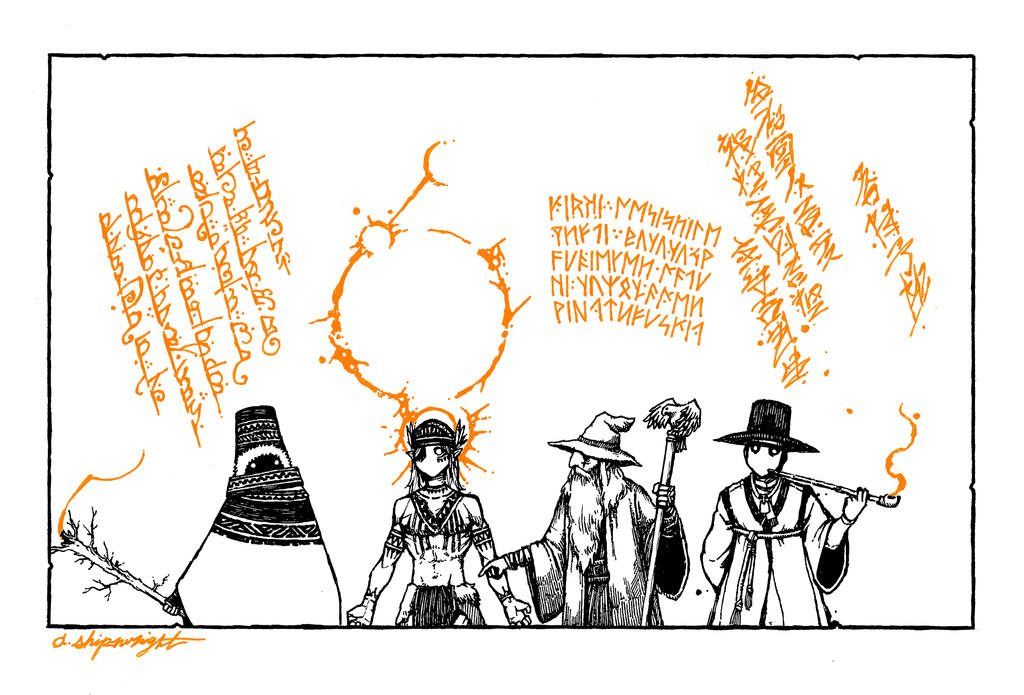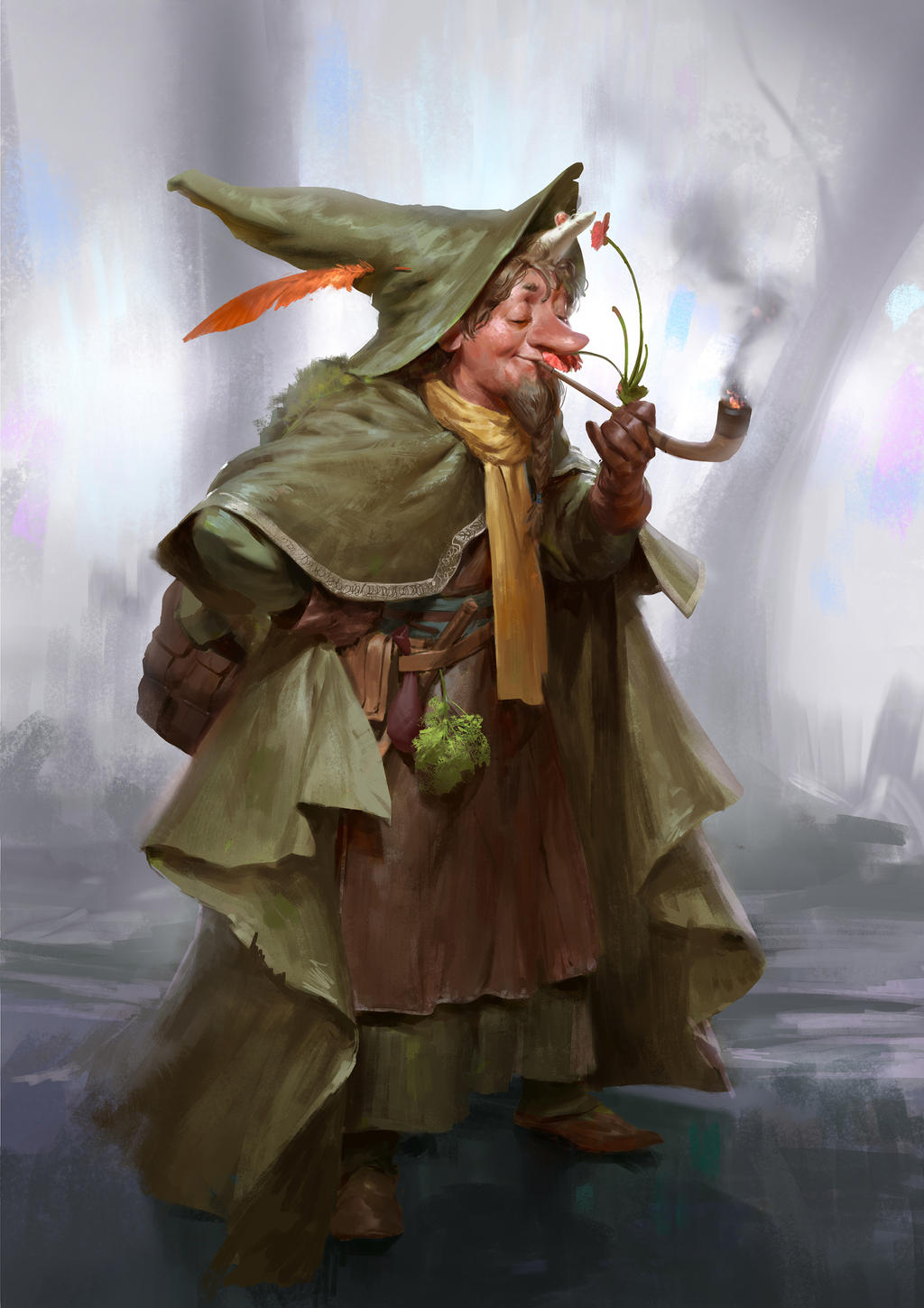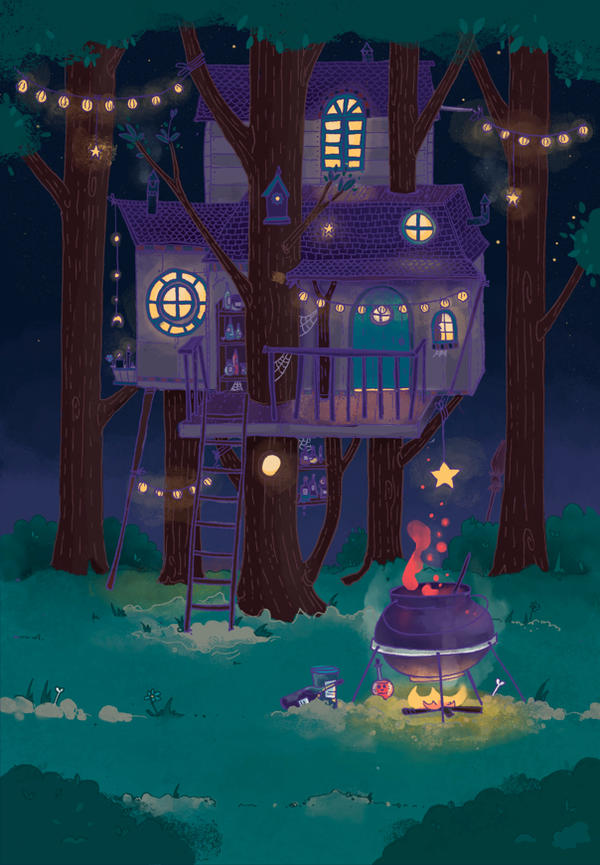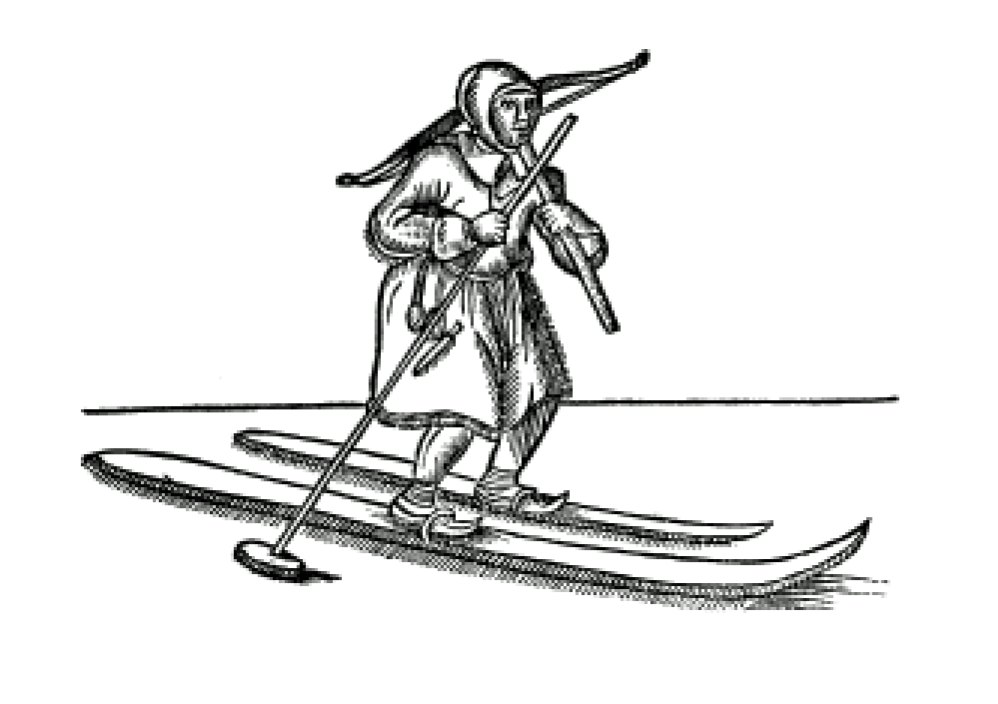In which you run around the world delivering important things to dangerous people. This class wouldn't work very well for a normal game; it's not super friendly to regular adventurer shenanigans. Since it's basically just a quest generator, you could probably run a single-class party of these going around and making deliveries, or one Postal Worker and their companions doing the same.
Starting Equipment: A fancy uniform, a mailbag, a heavy club, a bottle of port wine, an unerring sense of direction, and three deliveries to make (roll on tables at end of class).
Skills: Navigation and 1d3: 1. Carriage-Driving, 2. Sailing, 3. Friendly Banter
For every template of Postal Worker you possess, gain 5' of movement per round and +1 inventory slot.
A: At Any Cost, Dead Letters
B: To Whom It May Concern, +1 Save
C: Epistolary Immunity, +1 Stealth
D: Untiring Devotion, Walking Map
At Any Cost:
You
gain +1 HP for every piece of significant mail you're carrying. If any
of your mail would be damaged, you can instead take the damage or other
consequence on yourself. Significant mail means something that has some level of difficulty
involved in the delivery; it can't just be a letter between two towns 20
flat and civilized miles apart.Dead Letters: You don't level up the normal way. Instead, you level up when you've delivered a number of pieces of significant mail equal to your next level (2 pieces of mail for level 2, 3 for level 3, etc) to a maximum of 5. You get +1 on reaction rolls with those who recognize your uniform, and an additional +2 with the recipients of your deliveries. If you ever initiate violence against a recipient or open a package not your own, you lose all templates in this class.
To Whom It May Concern: You always know who a package or letter is intended to be delivered to and where they can be found, even if you can't read the address. You don't necessarily know how to get there.
Epistolary Immunity: If anyone who can understand the significance of your uniform attacks you while you're on a delivery, they become a pariah to anyone else who learns of it.
Untiring Devotion: You can walk, ride, and stay awake for thrice as long as an ordinary
person without tiring, and can hold your breath for four times the usual
duration. Whenever you are reduced to 0 HP or below, after you roll
Death and Dismemberment (if necessary), roll a Constitution check. On a
success, gain 1d6 HP.
Walking Map: You know the fastest, most direct route to the location of your delivery. This route may be incredibly dangerous or extremely impractical.
d12 Significant Mail:
- Letter of extreme urgency. Must be delivered in a week or less.
- Jingling bag of coins. Contains 300 sp if you succumb to temptation. 1 slot, loud.
- Box marked "Fragile". The contents shatter if you take 5 or more damage in one round. 50% chance it's something dangerous (bottles of acid, explosives, etc). 1 slot.
- Random magic item. You have permission to use it during the delivery.
- Random cursed magic item. Best not to touch it.
- A flame. Currently on a torch. Don't let it go out.
- Baby monster. Overly friendly, prone to getting into trouble, might try to bite your finger off. 3 slots if carried, can walk.
- Adult monster. Semi-tame, aggressive if scared, hungry, or just in a bad mood. Too big to carry, can walk.
- Actual baby. Dies at the slightest provocation, cries all the time for no evident reason. Probably the heir to a throne or something. 2 slots.
- Really, really big box. Not even that heavy, just awkward. 4 slots, must be carried in both arms.
- Marble statue. Gorgeous, quite fragile. 20 slots.
- Just a normal letter. Perfectly normal. Nothing weird here, nope. Ignore the weird sounds it makes. Eats your other mail if left unattended.
d12 Recipients:
- The nearest significant dignitary.
- The farthest significant dignitary still part of the same polity you're in.
- Someone really important: king, high priest, etc.
- The lich or dragon at the bottom of that one dungeon.
- The hermit on top of that one really tall mountain.
- The nearest mad wizard.
- The nearest coven of spooky witches.
- The teenaged true heir to the throne hidden away with a family of farmers, not yet aware of their heritage.
- A completely normal farmer in the middle of nowhere.
- A completely normal whale.
- The person you, personally, hate most in the world.
- Someone who was human. A hundred years ago. They're a mindless zombie now. Good luck getting them to sign for it.
